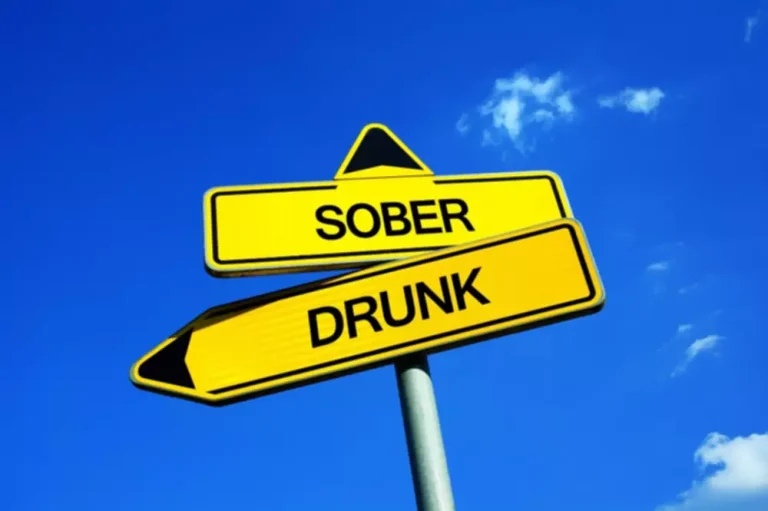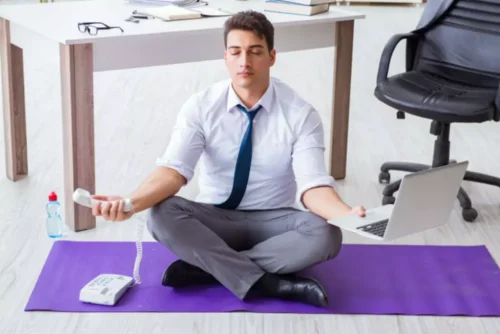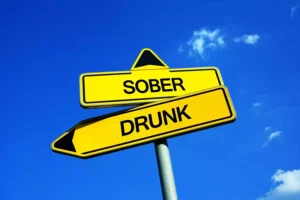
The following subsections will explore journaling exercises, gratitude circles, and visualization techniques as effective self-reflection activities within group therapy. The sense of community and cultural relevance provided by these groups can significantly enhance the overall recovery experience. In process groups, members evaluate each other’s behaviors, contributing to the group’s dynamics and fostering a collaborative environment. The group https://ecosoberhouse.com/ leader acts as a role model, reinforcing therapeutic norms and encouraging positive interactions among other group members. Process groups focus on the emotional and interpersonal dynamics within the group, providing a platform for members to evaluate each other’s behaviors and offer support.
Accountability and Recovery
Group therapy is a form of psychotherapy held in a small group session, usually around five to ten people.
Support groups
Thus, the college environment itself may represent a barrier for some students in their efforts to abstain from using drugs and/or alcohol. Effective group therapy activities are essential for fostering engagement and facilitating recovery in substance abuse treatment. These group activities range from discussions and role-playing to skill-building techniques, each designed to support long-term sobriety and emotional healing. Each of these 50 topics offers valuable insights and coping mechanisms that can support recovery from substance abuse. By process group topics for substance abuse addressing these topics thoughtfully and encouraging open discussion, group therapy sessions can provide members with the tools, knowledge, and support they need to thrive in their recovery journey. Overall, peer support networks are an invaluable component of group therapy, offering a supportive and understanding community that enhances the recovery process.
- Still, with mindfulness, group members can discuss things that cannot be changed and learn to accept their situation.
- Keep reading to uncover valuable substance abuse group topics that can guide sessions and boost client engagement during their recovery process.
- Group therapy allows you to share with other methods that work for you and learn about what others do.
- This topic discusses ways to hold oneself accountable, such as setting goals, journaling progress, or finding an accountability partner who can offer support and encouragement.
Overcoming negative thinking

Certain places, sounds, smells, and people may trigger feelings of anxiety or depression, or even a craving. With substance abuse comes a lot of other struggles that you are likely facing alone. As you attempt to overcome addiction, you may pick up other bad habits as a way to cope. While these habits may make not using substances easier, they could still be damaging to your overall well-being. Group therapy is a form of addiction treatment that allows people dealing with a Substance abuse common problem to come together and share their struggles without the fear of being judged. It’s a place where you can feel understood and seen in a community that can relate to what you’re going through.

Practicing self-care methods like daily hygiene, eating three meals a day, going for walks, seeing family members and friends, and finding new hobbies ease the recovery process. Group therapy allows you to share with other methods that work for you and learn about what others do. Everyone that struggles with addiction is bound to have a few things that trigger them to want to use again.

This technique is also valuable in process groups, where members can role-play their feelings and experiences, helping them articulate challenges within a supportive environment. Group therapy is a common approach used in the treatment of substance use disorders. With a plethora of research supporting its effectiveness, Counselors can effectively use this form of treatment within an addiction treatment program to support their clients. He specializes in both Addictions and Trauma, he has worked first as a therapist then as the clinical supervisor to both the Juvenile and Adult Drug Court programs in Brevard County. Aurelio has been instrumental in developing substance abuse treatment programs directly tailored to help those that also suffer from complex trauma due to their addiction. He has been recognized by several organizations for his forward thinking and ability to tailor treatment to individuals in the most restrictive environments.
- Substance abuse group therapy is also effective in facilitating a sense of belonging, which is also great for increased accountability.
- This topic discusses strategies for accepting past choices, learning from them, and focusing on building a brighter future.
- With these tips and tricks, clients can gain greater self-awareness, improve their communication and interpersonal skills, bond with others, and reduce feelings of shame and isolation.
- In this post, I highlight 50 Substance Abuse Group Therapy Activities for Recovery that you can use with your clients.

Many clients who suffer from substance abuse also experience tremendous negative thoughts. It is often these negative thoughts that push clients to drink and take drugs. Discussing ways to overcome these negative thoughts and feelings and how to transform them into positive ones is a great way to introduce stability and promote encouraging behaviors. Substance abuse group therapy focuses on facilitating groups of people who all face substance abuse problems. It aims to treat multiple individuals at once and works to develop support groups to encourage higher CBT clinical outcomes. They provide a safe space for group members to share experiences and get honest feedback.
